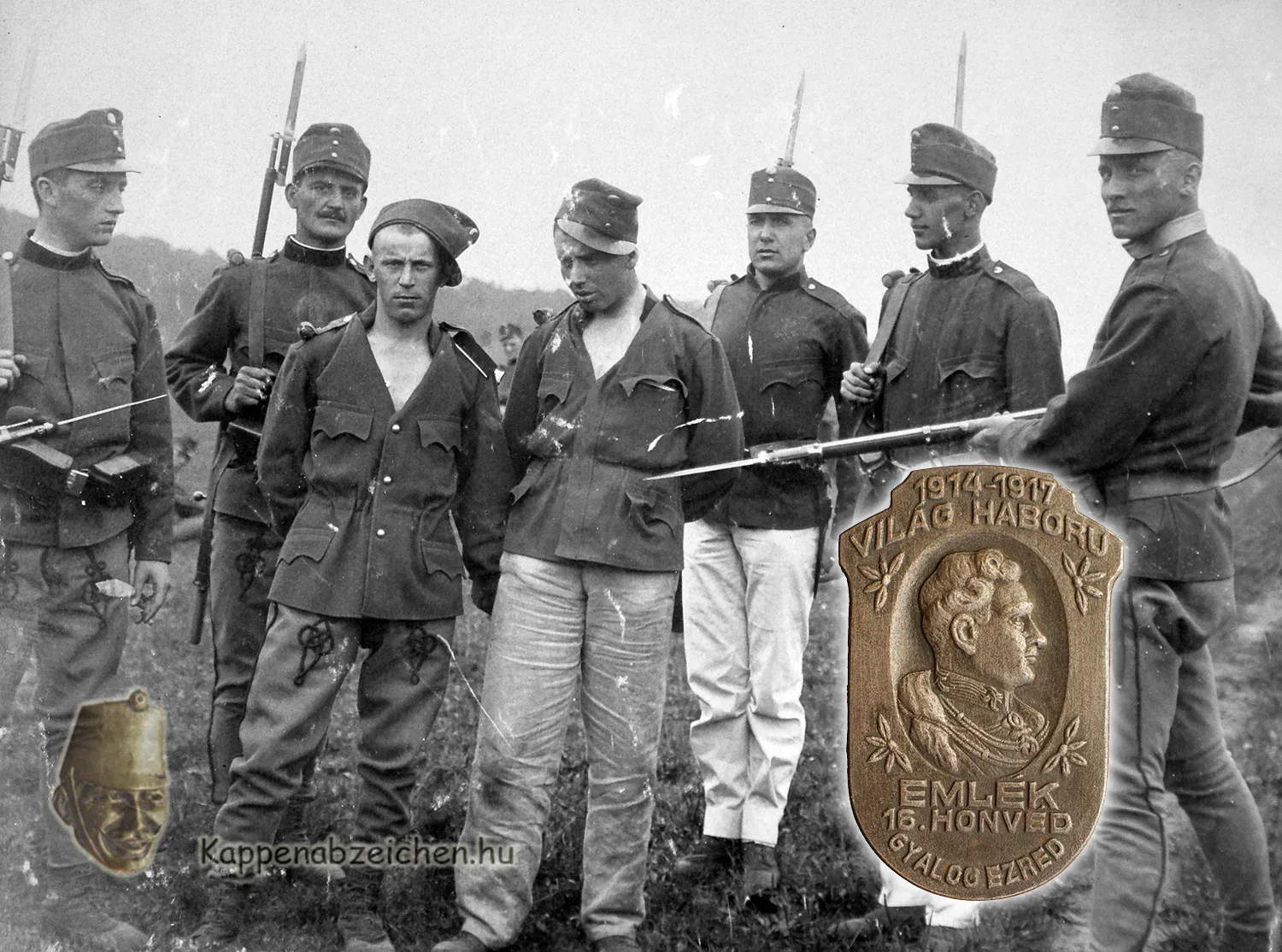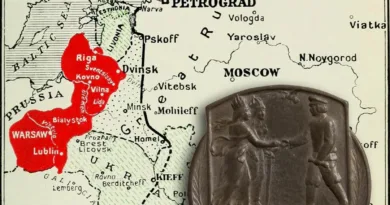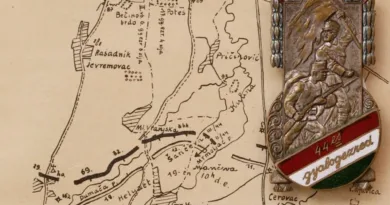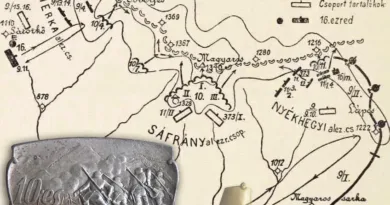May 1918
By the fifth year of the Great War, the warring parties were tired of fighting.Deprivation took on enormous proportions both at the front and in the hinterlands.Emperor and King Charles was looking for an opportunity to end the war.This was obviously encouraged by the fact that disciplining the troops and maintaining the tranquility of the hinterland also required serious efforts.The many fugitives gathered in certain places and supported themselves by robbery and looting.But the supply of food and equipment for the troops also ran into more and more obstacles.Mainly because the economy was also on the verge of collapse, production was halted due to the lack of raw materials and labor.Thus, troops had to be withdrawn from the fronts to carry out law enforcement activities in the hinterland or to requisition food. The 16th Honvéd Infantry Regiment was also used for such tasks.
The regimental history briefly mentions this activity, mainly dating it to April and May 1918. The compulsory service was carried out by the civil authorities, and the honvéd soldiers helped by closing the roads of the commandeered settlement. The house-to-house going officials were accompanied by 3-4 soldiers. The regiment mainly helped in the collection of grain in the countryside of Szabadka, Zombor and Szolnok. According to the descriptions, the peasants usually voluntarily handed over their surpluses, and treated the accompanying soldiers.
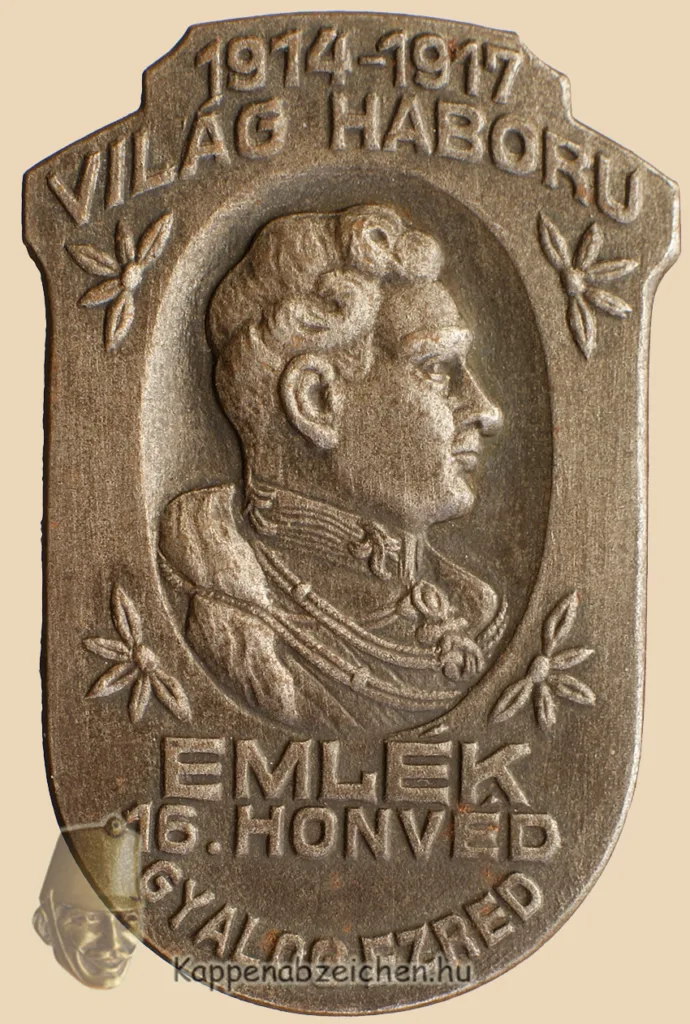
Later, in June, they tried to round up the military fugitives wandering the Great Plains, soldiers who had returned home from Russian captivity and had not been drafted. Although the history of the regiment does not write about atrocities, serious clashes did take place in other parts of the country. It was more difficult to gather and disarm those hiding in the forested and mountainous regions. Armed combat took place, for example, in Fruska Gora, which closes the southern border of the Great Plain, and in Southern Transylvania. However, these problems occurred in all belligerent countries except for the newly arrived American troops. Mutinies of French and Italian teams are also known. The image used for this post was added to the Fortepan collection through Noémi Saly. The badge is the 1917 badge of the 16th honvéd infantry regiment.

